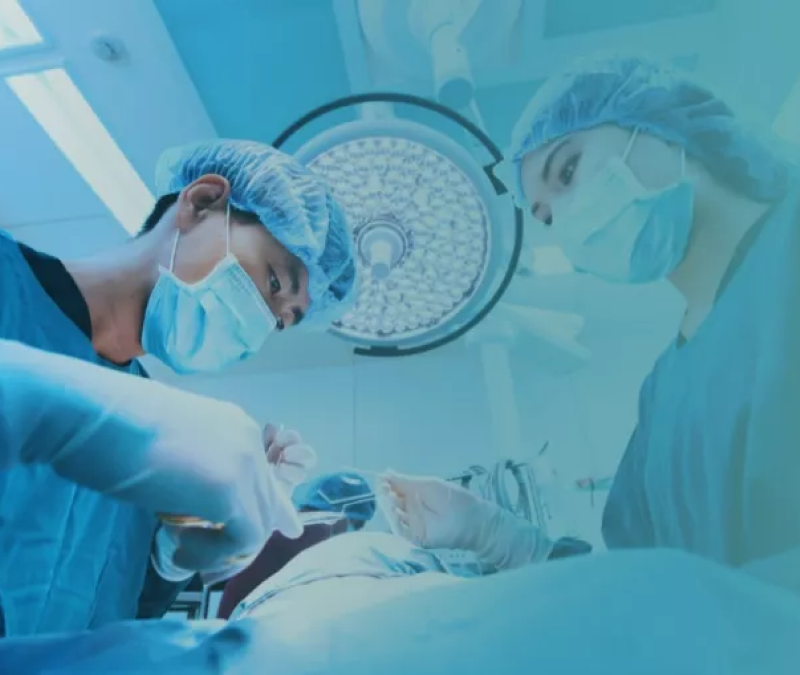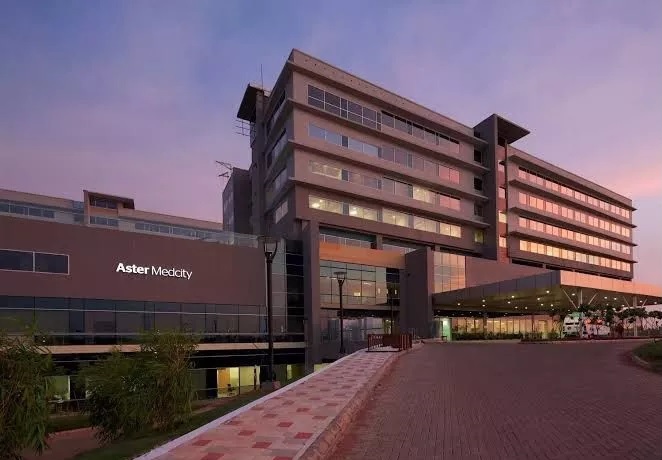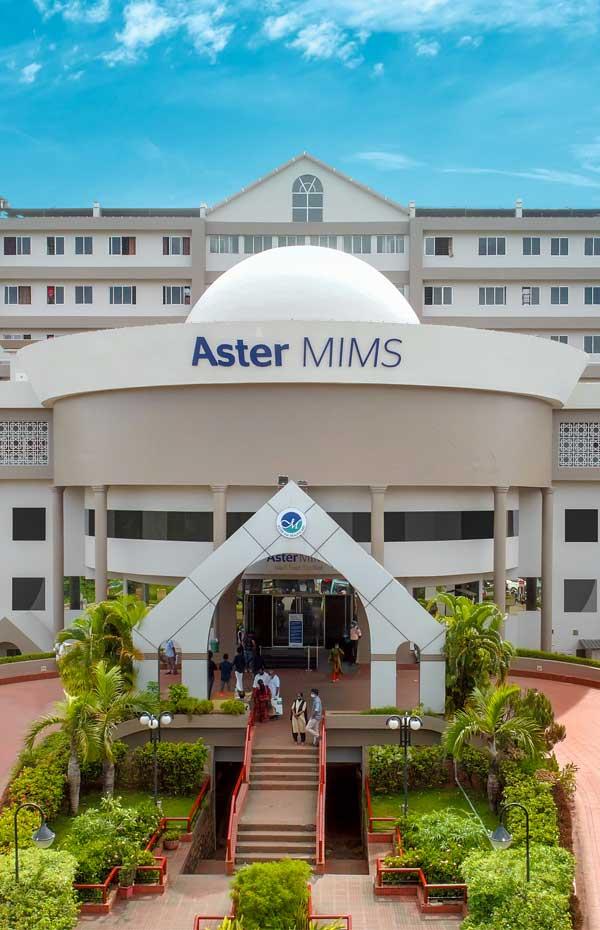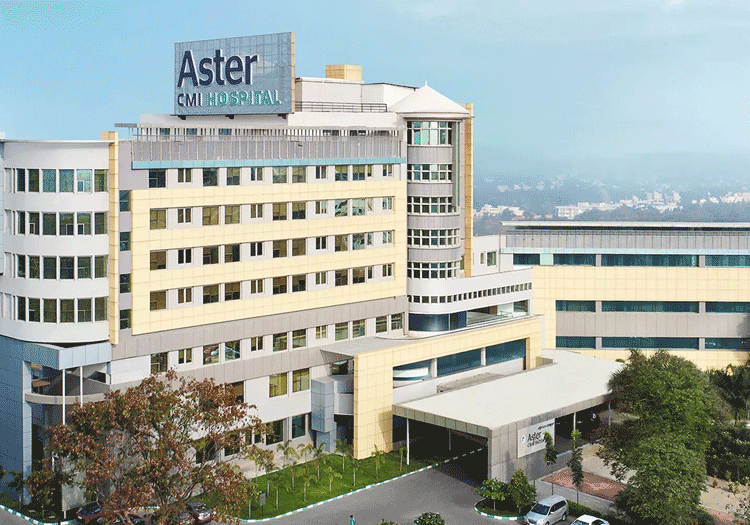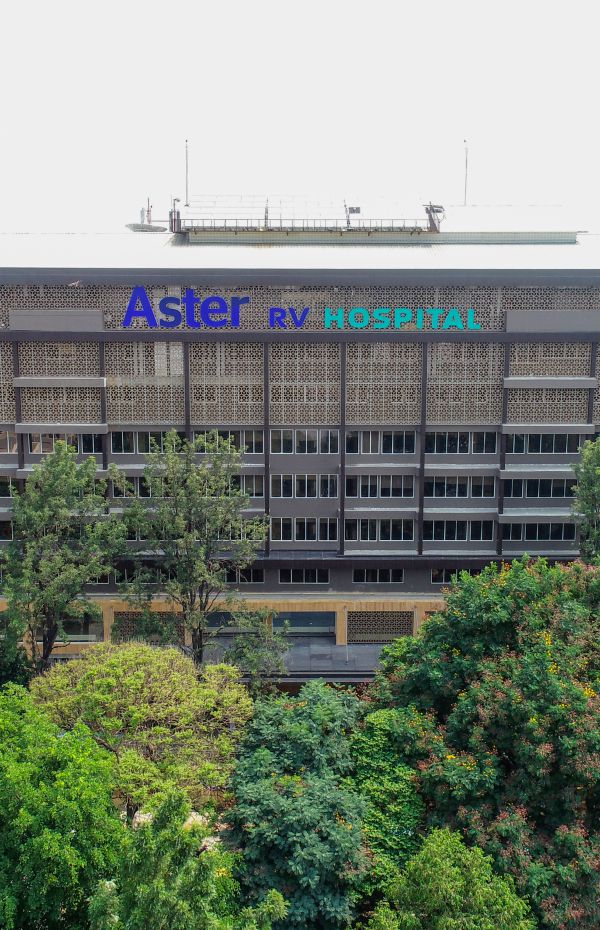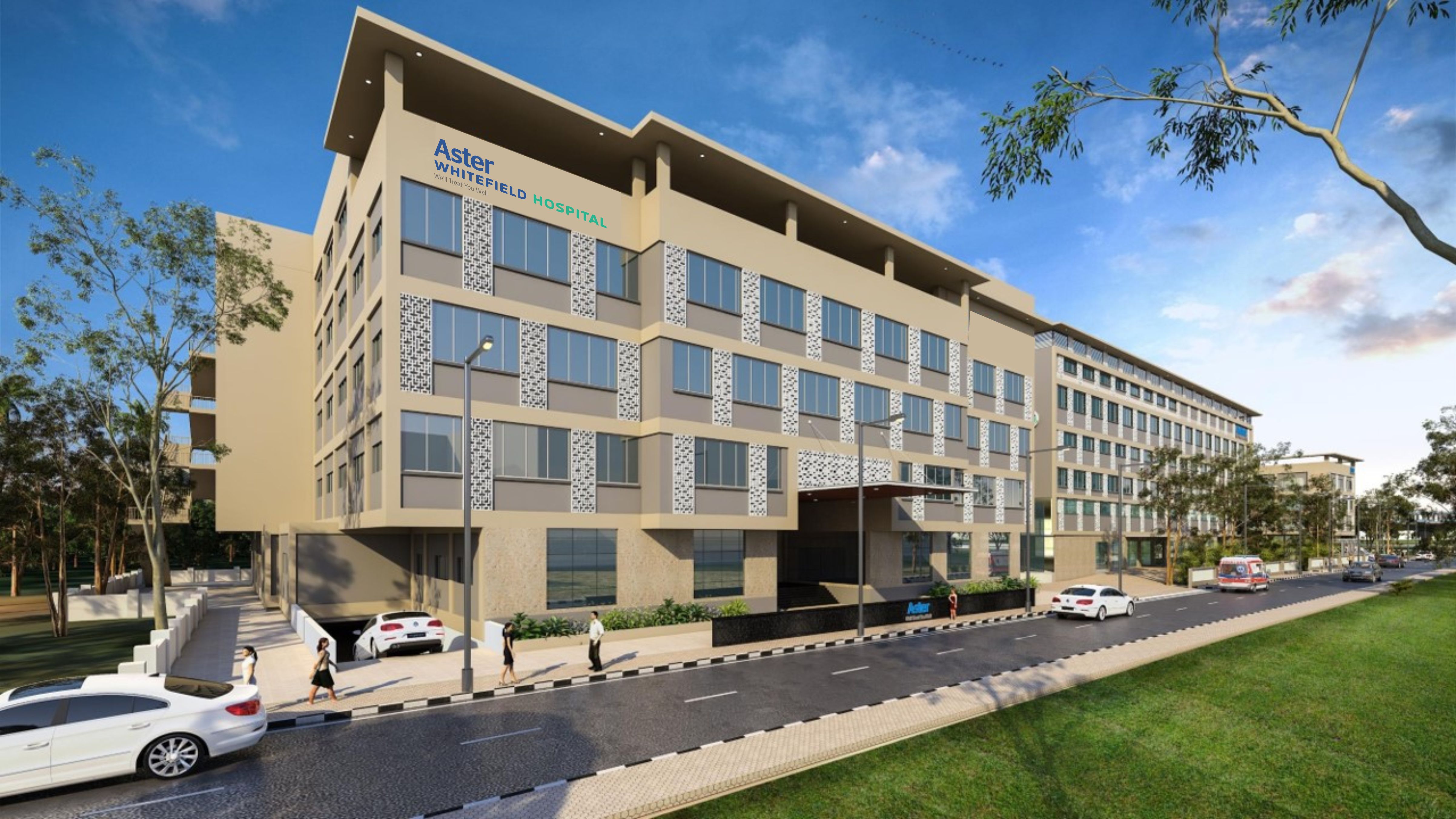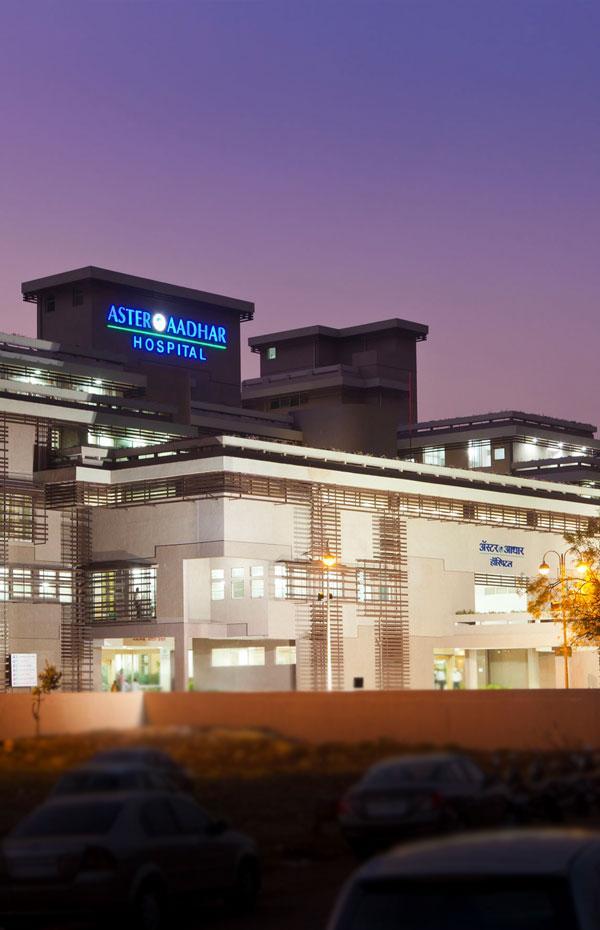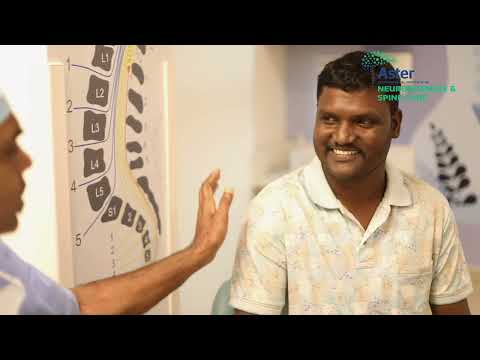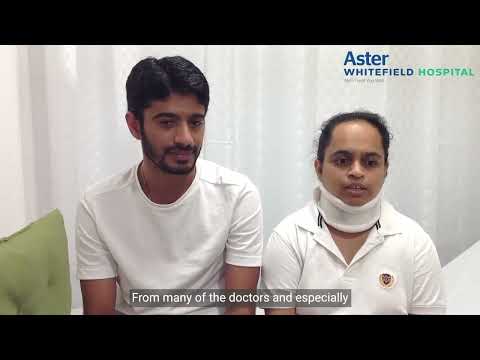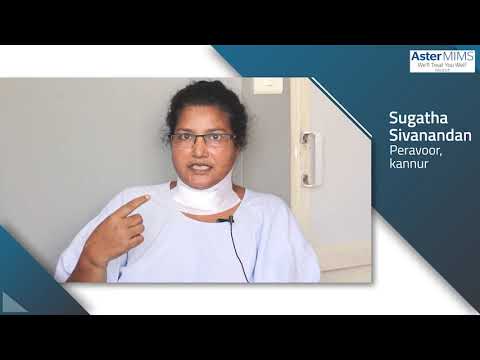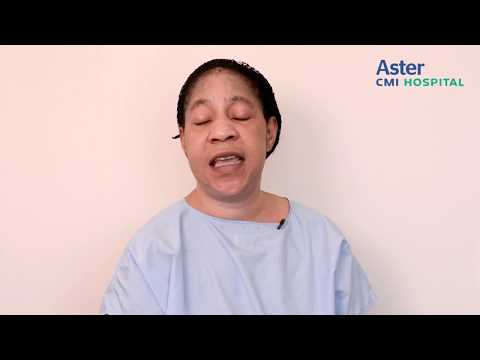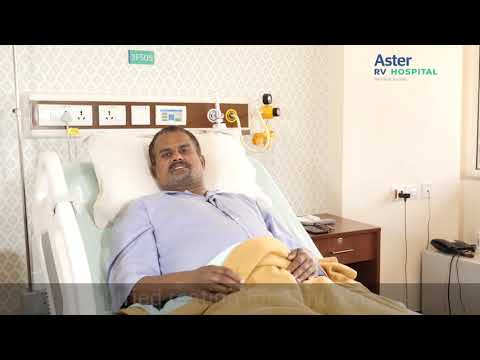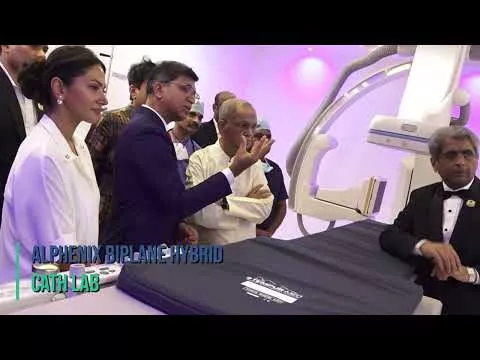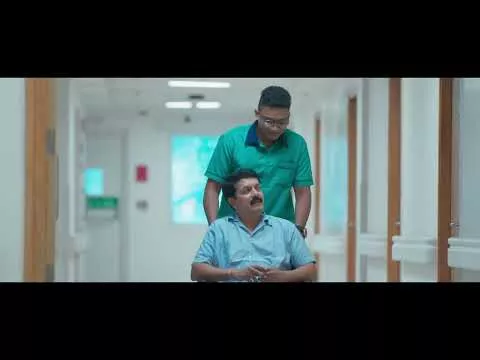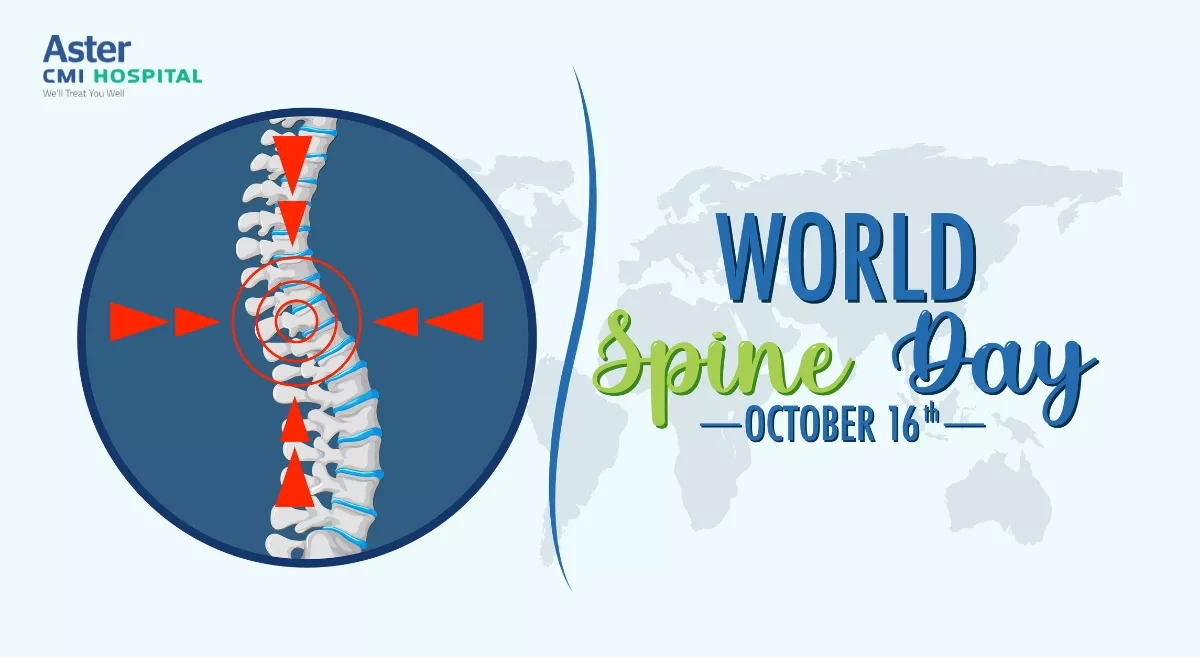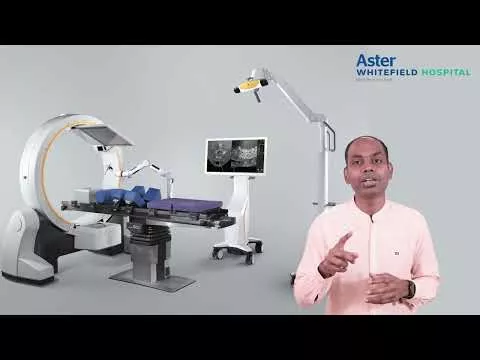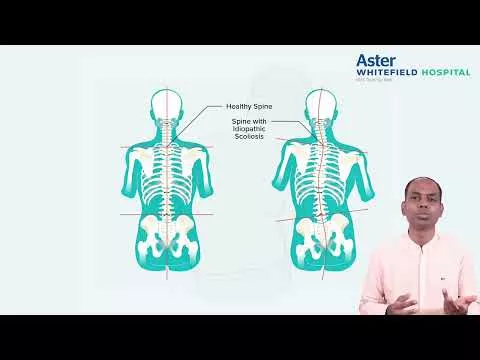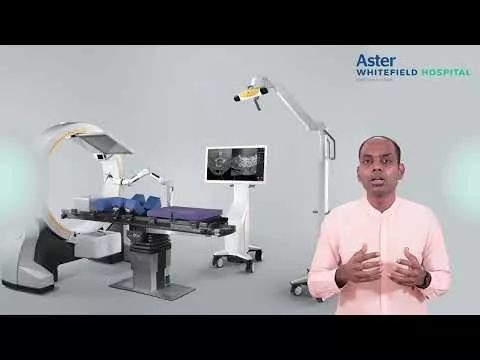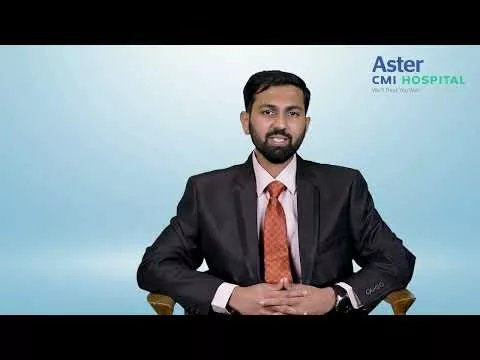The Department of Spine Surgery at Aster Hospitals provides minimally invasive treatment for spinal injuries and conditions. Minimal invasive spine surgery provides better clinical outcomes than traditional OPEN surgery, using a less traumatic approach.
Minimally Invasive Spine Surgery Minimally invasive spine surgery allows for faster recovery and often patients can now go home the next day following surgery. Blood loss is generally greatly reduced and the overall stress on the body is less pronounced. In addition, the risk of infection is lower. There are also less visible scars. Most importantly, with less damage to tissues of the spine, the potentially deleterious effects of spine surgery are minimized and the likelihood of injury to nerves both in the short term as well as long term is reduced.
Our team of highly experienced Spine surgeons and most advanced technology ensure you get the best spine treatment at Aster Hospitals.
Our Doctors
We have some of the best specialists from around the world, they bring years of experience and offer evidence-based treatment to ensure the best care for you.
Advanced Technology & Facilities
Well equipped with the latest medical equipment, modern technology & infrastructure, Aster Hospital is one of the best hospitals in India.
We combine our expertise in the areas of patient-care, clinical research and academics in order to provide the highest level of specialised services to our patients. The Aster spine center was conceived as part of the overall scope of neurosurgery and was incorporated into our original vision document. As part of the transformation into a global COE a dedicated aster spine center was proposed. This would be a multispeciality service including neurosurgical and orthopaedic spine surgeons covering the entire gamut of spine pathology, both elective and emergency. The primary spine service would be supported by a very active physical medicine and rehabilitation service, and other departments like neurology, endocrinology, radiology and oncology. It might be possible to include an element of holistic care into the spine center by association with indigenous systems of medicine like Ayurveda.
- OR1 Fusion Digital Integrated Green OT certified surgical Suites
- IntelliSpace Critical Care and Anaesthesia (ICCA) ICUs
- Level 3 PICU
- 3.0 Tesla Widebore MRI
- 256 Slice Philips iCT Scan
- DEXA for bone density measurement
- Philips Astonish True Flight Select
- PET-CT with Time Of Flight Technology
- GE SPECT-CT Optima NM 640 Gamma Camera>
- True Beam Linear Accelerator with FFF Technology
- Karl Storz Endoscope
- Siemens Isocentric 3D C-arm
- Medtronic Stealth Station Navigation System
- Leica M530 OH6 Operating Microscope
- Leica M525 OH4 Operating Microscope
- Medtronic Legend high-speed pneumatic drills
- Medtronic Legend EHS Stylus electric drills
- Medtronic Legend oscillating and reciprocating microsaws
- Intraoperative Bone CUSA
- Intraoperative electrophysiological monitoring
- Allen Spine System Table
- Needle biopsy
- Soft tissue and bone pathology
- Spine and peripheral nerve pathology
- Immunohistochemistry & frozen section
- Advanced navigation system
- Endoscopy and MISS systems
- Intraop MRI
- Gamma (SPECT) Camera
- Whole body bone scan
- Regional three-phase bone scan
- Regional infection imaging
Facilities provided for spine care at Aster Whitefield Hospital
In the realm of spine care, Aster Whitefield Hospital stands as a beacon of excellence, offering a comprehensive range of services designed to meet the diverse needs of patients worldwide. Our commitment to international expertise, cutting-edge technology, and academic excellence sets us apart as a leader in spine surgery.
At Aster Whitefield, we take pride in our truly international patient base, fostering cultural sensitivity and understanding of varied medical backgrounds.
Our internationally renowned surgical team comprises experts trained at top global institutions.
Utilizing cutting-edge technologies like IONM, Leica Microscopes, Canon Biplane Spine Suite, and minimally invasive robotic surgery systems
Our commitment to excellence extends to specialized paramedics ensuring safe spine care.
Surgeons at Aster Whitefield are not just practitioners but contributors to the advancement of spine surgery.
FAQs
Want to find out more about the treatment? The answer to your questions can be found below.
Who are spine surgeons, and what do they do?
Spine surgeons are medical specialists trained to diagnose and treat conditions related to the spine. They perform surgeries to correct issues such as spinal deformities, injuries, and degenerative diseases. Their work often involves collaborating with other healthcare professionals to provide comprehensive care.
Patient Stories
Our patients are our best advocates, hear the inspiring stories of their treatment journey
Blogs
The source of trustworthy health and medical information. Through this section, we provide research-based health information, and all that is happening in Aster Hospital.

